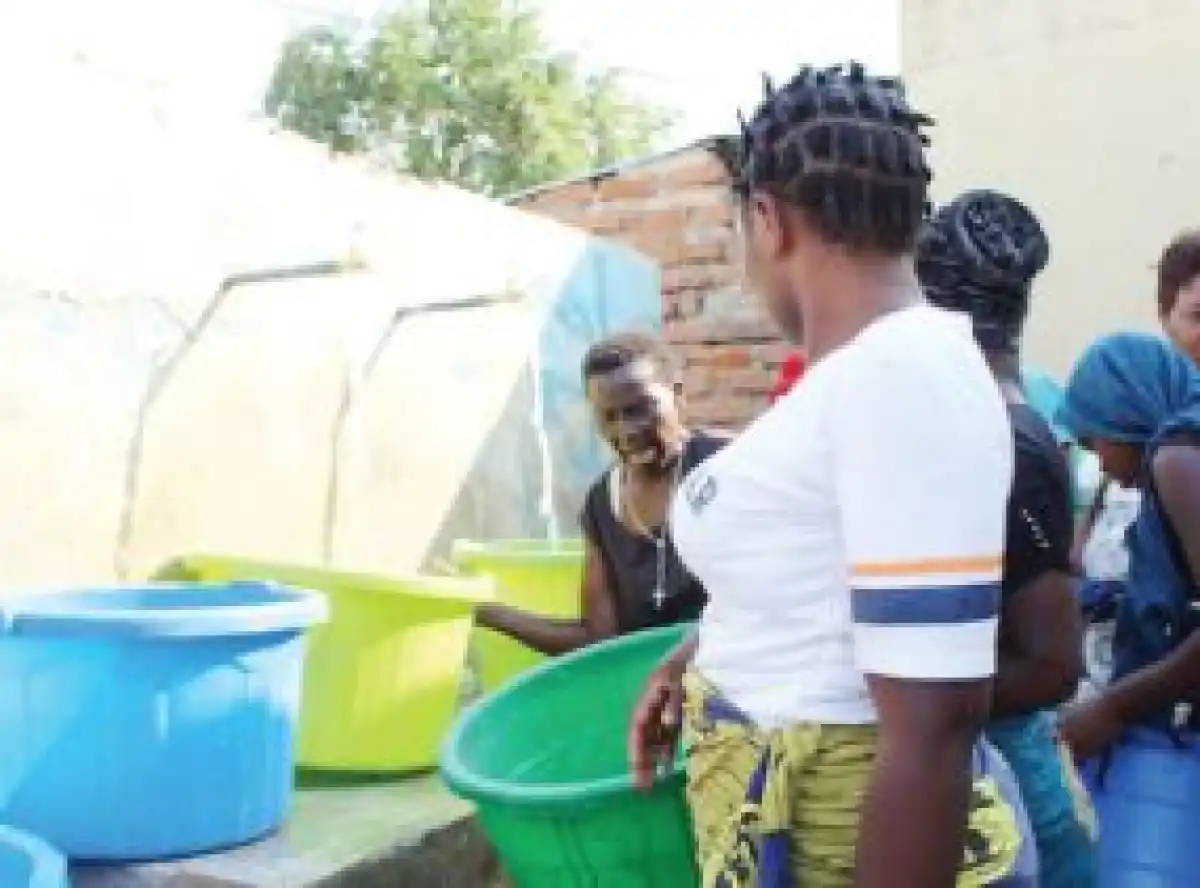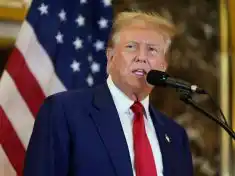
Malawi’s five water boards seem to be succeeding in their push for an increase in the price of water with Ministry of Water and Sanitation hinting that any new tariff will exclude low-income earners.
The Consumers Association of Malawi (Cama) has since welcomed the move to spare low-income earners, but said the water boards need to improve on efficiency and recovering arrears, especially from government ministries, departments and agencies (MDAs).
From last November, the water boards have been pushing for a 44 percent hike in their tariffs purportedly to enable them meet operational costs.

In an interview yesterday, Water Services Association of Malawi (Wasama) president Francis Munthali said discussions are on-going with government on their proposal.
Said the Northern Region Water Board (NRWB) chief executive officer: “You all know that as a country we are grappling with issues of high inflation and we are not spared. In fact, we needed these water tariff adjustments yesterday, but government is also considerate of the people and discussions are still in progress.
“Once we get a final approval from the government, we will communicate. I don’t want to place timelines, but for us as water boards, we know what we are going through. It’s tough to manage, but we cannot implement without the approvals.”
Ministry of Water and Sanitation Principal Secretary Elias Chimulambe in a separate interview said they are considering the requests by looking at production costs and the ability of the customer to pay.
He said: “If water boards don’t produce, then people will not have water and if people are not able to pay, there will be no service.
“The most important thing that we have to know is that government has an obligation to provide essential services like water.”
But Chimulambe said government has decided not to approve any adjustment that will affect low-income earners, especially those that source water from communal kiosks.
He said: “What you need to know is that whatever application is made, government has made a decision not to increase water tariffs for low-income earners. These are the people that get water from public kiosks.
“That water tariff will still remain unchanged, even next year, we will not raise that because it is for very low income earners.”
Cama executive director John Kapito hailed the government for sparing the poor, saying such a bill should be pushed to middle and upper income earners.
“There is need to provide a cushion for the poor because they are going through the worst economic nightmares.
So far, the government has approved the tariff hike for Blantyre Water Board (BWB) which came into effect on April 1 2024.
In the new tariffs, the cost of the first 5 000 litres of water per month for domestic purposes, is K1.59 from K1.44 per litre since October 2023. In excess of 40 000 litres, the cost is K2.22 up from K2.01 per litre.
The other water boards are NRWB, Central Region Water Board, Southern Region Water Board and Lilongwe Water Board.
Last year, the five water boards increased their tariffs by an average of 50 percent.
The tariff increases in the previous financial years hovered between 15 and 40 percent depending on the water board.
The water boards have long argued that the current tariff is below full cost recovery as they lose over K23 billion annually to unpaid bills incurred by MDAs and K30 billion to non-revenue water.






0 Comments